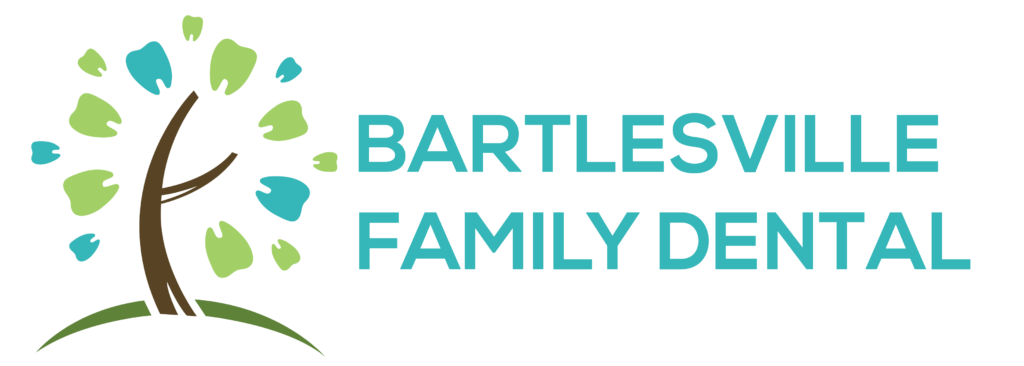Tooth Extraction: Effective Aftercare to Avoid Issues
Tooth extractions at Bartlesville Family Dental are routine dental procedures, but what happens afterward is as important as the procedure itself. Proper aftercare is critical in ensuring a smooth healing process, minimizing discomfort, and avoiding complications like dry socket, a painful issue that can prolong the recovery process. With the proper steps and a little care, you can heal quickly and comfortably.
After an extraction, your body begins to form a blood clot at the site of the removed tooth.
- This clot is essential—it protects the underlying bone and nerves and provides the foundation for new tissue growth.
- If the clot becomes dislodged or dissolves too early, it can lead to dry socket, which exposes the bone and nerves, causing significant pain and increasing the risk of infection.
To avoid dry socket, it’s crucial to follow our aftercare instructions closely:
- For the first 24 hours, rest and avoid strenuous activity.
- Bite gently on the gauze pad to help stop bleeding, and change it as directed.
- Refrain from rinsing your mouth vigorously, drinking through straws, or smoking—these actions can disturb the clot and increase your risk of dry socket.
Pain and swelling are normal in the first few days but should gradually improve.
- Use prescribed or over-the-counter pain medications as directed, and apply a cold compress to reduce swelling.
- Stick to soft foods such as yogurt, applesauce, and mashed potatoes, slowly reintroducing solid foods as your mouth heals.
After the first 24 hours, gently rinse your mouth with warm salt water to keep the area clean. Avoid commercial mouthwashes unless approved by your dentist. Maintain your usual brushing and flossing routine, but be careful around the extraction site. If you experience severe pain several days after the extraction, a foul taste, or visible bone in the socket, contact your dentist immediately—these may be signs of dry socket or infection.
In short, a little mindful care after a tooth extraction goes a long way. Protecting the clot, maintaining oral hygiene, and following professional guidance will support your body’s natural healing process and reduce the risk of complications, paving the way to a healthier, pain-free smile.
Have questions about your extraction aftercare, or do you need a tooth extracted? Contact our team today!
